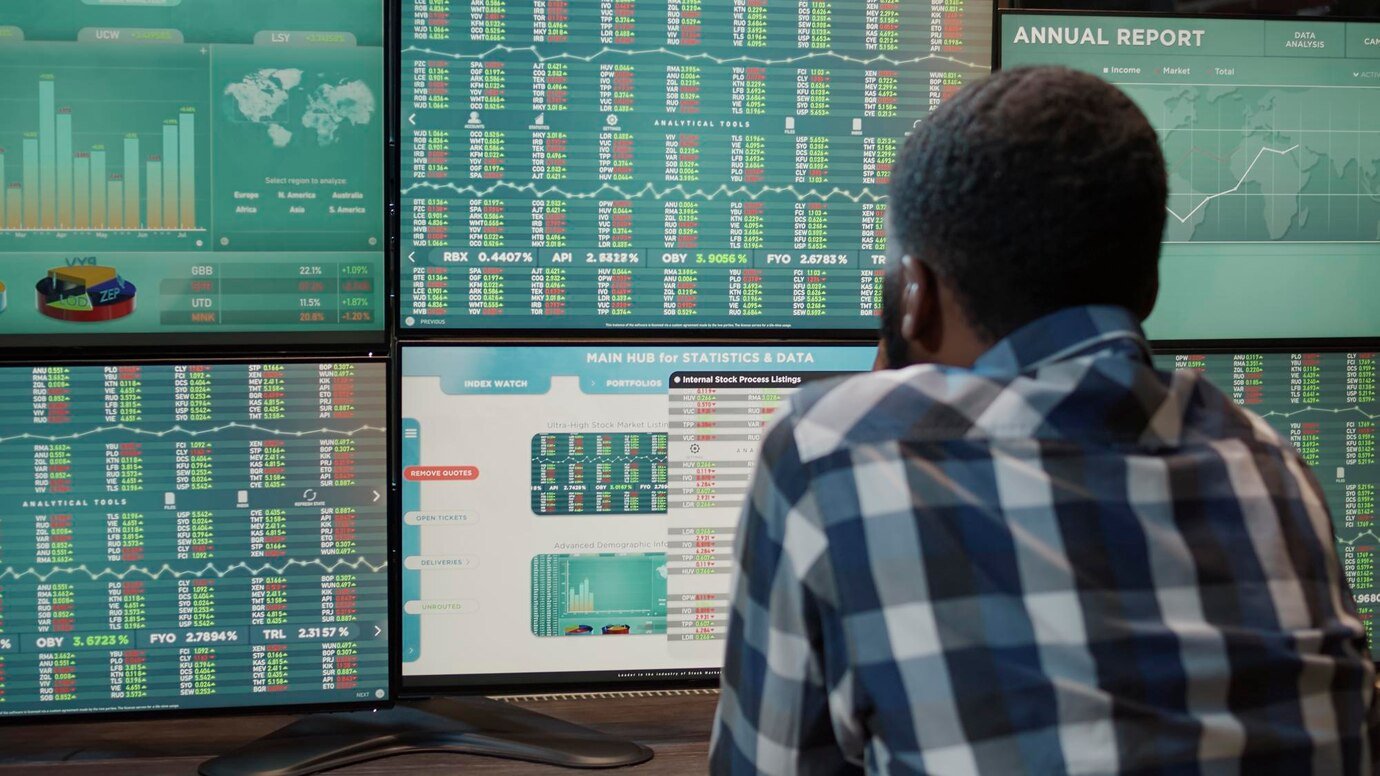
Risks and Rewards of Trading Forex in Emerging Asian Markets
The forex market is an enticing avenue for traders seeking to capitalize on currency fluctuations, and emerging Asian markets present a unique blend of opportunities and challenges. As economies in Asia continue to grow and evolve, forex trading in this region has gained popularity. However, potential traders must understand the risks and rewards associated with trading in these emerging markets. In this blog, we’ll explore the key risks and rewards of trading forex in emerging Asian markets to help traders make informed decisions.
Understanding Emerging Asian Markets
Emerging Asian markets include countries like India, Indonesia, Vietnam, Thailand, and the Philippines. These markets are characterized by rapid economic growth, increasing foreign investments, and a rising middle class. However, they also come with their own set of challenges, including political instability, economic volatility, and regulatory complexities.
The Rewards of Trading Forex in Emerging Asian Markets
- High Growth Potential
- Emerging markets are often in a phase of rapid economic growth, which can lead to significant currency appreciation. Traders who can identify and act on these growth trends may benefit from substantial profits.
- As these economies develop, their currencies may strengthen, offering opportunities for long-term investments.
- Diversification Opportunities
- Trading in emerging Asian markets allows traders to diversify their portfolios. Diversification can help spread risk, reducing the impact of adverse movements in a single market.
- Including emerging market currencies in your portfolio can enhance overall returns, especially during periods when developed markets underperform.
- Increased Volatility
- Emerging markets tend to experience higher volatility compared to developed markets. While volatility increases risk, it also creates opportunities for traders to capitalize on price swings.
- Skilled traders can leverage volatility to execute short-term trades, capturing profits from rapid price movements.
- Rising Liquidity
- As interest in emerging markets grows, liquidity in these currencies is increasing. Higher liquidity can lead to tighter spreads and better trade execution, making it easier for traders to enter and exit positions.
- Influence of Global Trends
- Emerging Asian markets are influenced by global economic trends, such as commodity prices, trade relationships, and geopolitical developments. Traders who stay informed can leverage these trends to make strategic trading decisions.
The Risks of Trading Forex in Emerging Asian Markets
- Political and Economic Instability
- Emerging markets can be subject to political instability, including changes in government, social unrest, and regulatory shifts. Such events can lead to sudden currency depreciation and increased market volatility.
- Economic indicators in these countries can also fluctuate dramatically, affecting currency valuations and creating uncertainty for traders.
- Regulatory Challenges
- The regulatory environment in emerging Asian markets can be complex and inconsistent. Traders may face challenges related to compliance, taxation, and restrictions on capital flows.
- It’s essential to stay informed about the regulatory landscape and choose brokers that operate within legal frameworks to avoid potential issues.
- Lack of Transparency
- Emerging markets may have less transparency compared to developed markets, leading to challenges in obtaining accurate information about economic indicators and market conditions.
- Traders should exercise caution and conduct thorough research before making trading decisions based on potentially unreliable information.
- Currency Risks
- Currencies in emerging markets can experience significant fluctuations due to external factors, such as changes in global interest rates or shifts in investor sentiment. Sudden changes can result in substantial losses for traders.
- Currency risks are further exacerbated by geopolitical events that may influence market perceptions and affect currency values.
- Limited Infrastructure
- Some emerging markets may lack the advanced trading infrastructure available in developed markets. This can lead to challenges in executing trades efficiently and accessing necessary trading tools.
- Traders may encounter issues such as slow internet connections, limited access to trading platforms, and less sophisticated analytical tools.
Strategies for Success in Emerging Asian Markets
To navigate the risks and reap the rewards of trading forex in emerging Asian markets, traders can implement several strategies:
- Conduct Thorough Research
- Stay informed about economic indicators, political developments, and regulatory changes in the countries you are trading. Utilize reliable sources of information to make informed decisions.
- Develop a Risk Management Plan
- Use risk management techniques, such as setting stop-loss orders and defining position sizes, to protect your capital. This is especially crucial in volatile markets.
- Focus on Technical Analysis
- Use technical analysis tools to identify trends, support and resistance levels, and potential entry and exit points. Technical indicators can help traders make more informed decisions in rapidly changing markets.
- Be Adaptable
- The dynamics of emerging markets can change quickly. Be prepared to adjust your trading strategies and positions based on new information and evolving market conditions.
- Consider Long-Term Trends
- While short-term trading can be profitable, consider incorporating longer-term trends into your strategy. Understanding the broader economic landscape can help you make more informed decisions.
Conclusion
Trading forex in emerging Asian markets presents a unique set of risks and rewards. While the potential for significant profits exists due to high growth rates and increased volatility, traders must also be aware of the challenges posed by political instability, regulatory complexities, and currency fluctuations. By conducting thorough research, implementing effective risk management strategies, and staying informed about market trends, traders can navigate these dynamic markets and capitalize on the opportunities they offer. Ultimately, success in forex trading in emerging Asian markets requires a balanced approach that embraces both the potential rewards and the inherent risks.


